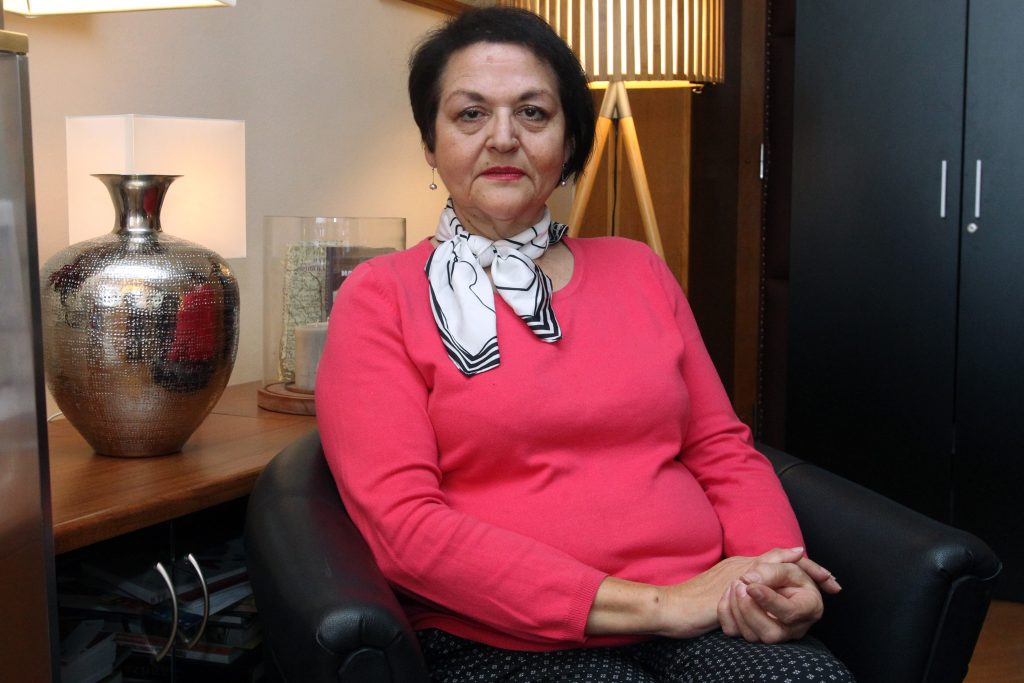Let us stop for a moment and recognize that human rights are the one and only tool that can give us hope that we will not regress
It looked pretty simple back in 1948 when the Universal Declaration of Human Rights was adopted by the UN General Assembly or even earlier, back in 1789 when the world got the look at the Declaration of Civic and Human Rights proclaiming the natural, unalienable and sacred rights of men, passed by the representatives of French people. Back then, it was obvious that the solution to stop the inequalities, wars, killings, hatred, injustice, atrocities, genocides and sufferings is to establish the rule that all people are equal facing the law and that all people are to enjoy the same rights. Because we all are members of humankind, born to be equal.

Every year on December 10, the world marks International Human Rights Day, chosen after an event that marked the milestone in the historical development of human rights – the adoption of the Declaration of Human Rights by the General Assembly of the United Nations. Most countries in the world of different socio-economic or democratic development growth salute to the universal rights of every citizen in the world, acquired by birth, inalienable and indivisible, inherent in all people, regardless of citizenship, residence, sex, nationality or ethnicity, origin, color skin, religion, language, or any other trait.
The states are the ones responsible for implementing rules and laws that protect human rights. Those words witness the deaths of many who have fought to ensure the policies for human rights. They were also in complete harmony with all religious and sacred wordings preserved in numerous books from the dawn of civilization.
It was a historic moment when humans finally said “this is good for all people”. Because respecting, building and improving policies of human rights were, are, and will be good for all.
Human rights are the fabric of every society and govern for every state. They permeate all segments of society and are embedded in all daily interactions within a family, at work, school, on the street, from birth to death. The key moment becomes when, through freedom of expression and the struggle for human dignity, the right was given the human face. So, where are we now, 73 years later, with at least two generations born with human rights?
“It was a historic moment when humans finally said “this is good for all people”. Because respecting, building and improving policies of human rights were, are, and will be good for all”
We live in a time of confusion and destruction. Extremist movements base their ideology by denying human rights, equality, respect for diversity, and we are witnessing that human rights are not only relativized but also abused. We doubt the values. We undermine most of the sacrifices made in order for human rights to be adopted and well received. We hesitate to stick to the principles and we are again – willing to negotiate about human rights.
Well, human rights are not negotiable. If they become negotiable, then the answer to the question “Which direction are we taking when it comes to further development of human rights policies?” has a clear answer and an ugly face that feels very familiar.
We live in the epoque of uncertainty and in the times that are changing faster than ever before. Yet we show oblivion that human rights are a necessity that has to follow the one-size-fits-all principle. For we are created equal.
Let us not go there. Let us stop for a moment and recognize that human rights are the one and only tool that can give us hope that we will not regress. Let us respect the individuals who believe that human dignity is inviolable and that no one should endanger or destroy it. Let us reintroduce the policies of human rights in the same way as they were wisely proposed and warmly welcomed in the past.
Any other path would take us to places where humankind has already been.
And those places are not nice, to say the least.